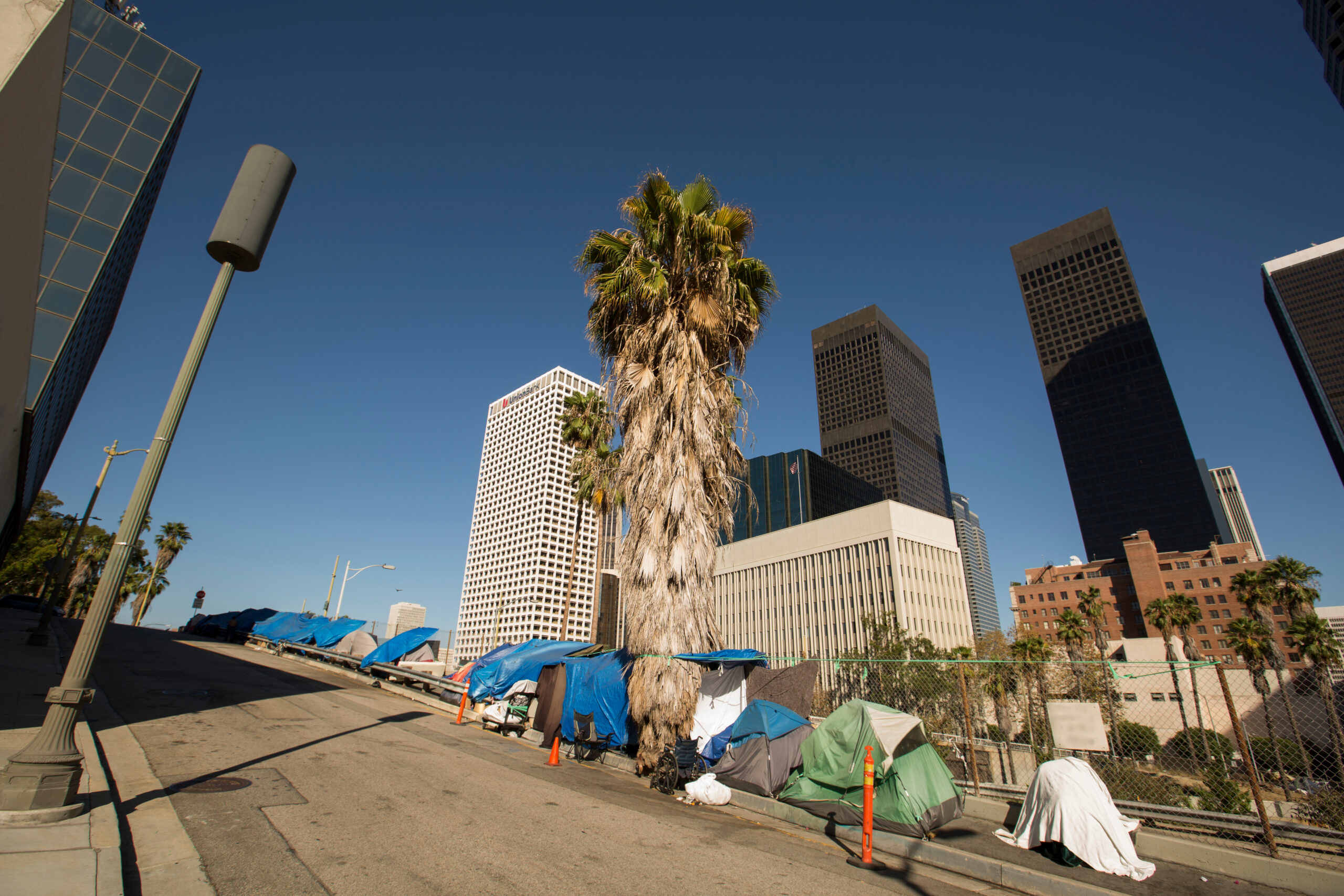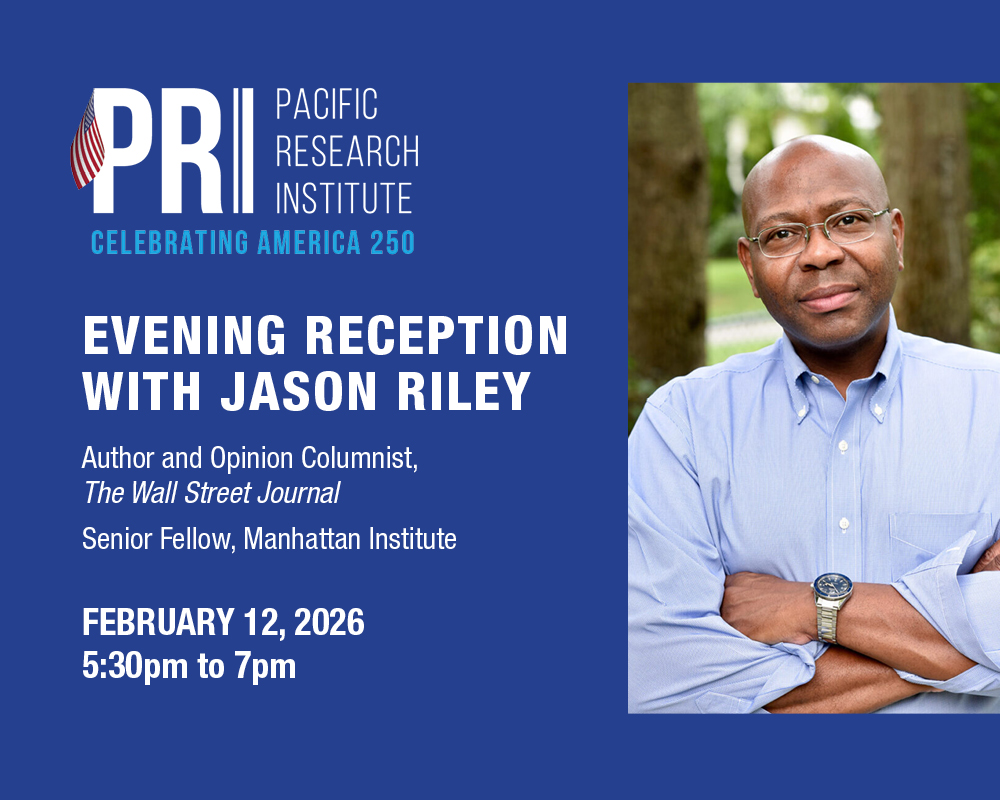“There’s nothing compassionate about letting people die on the streets,” Newson said announcing the model ordinance. The plan would make it unlawful to set up camps “for the purpose of sleeping, lying, or sheltering one or more persons for more than three consecutive days or nights in the same location.”
Local governments that adopt the model would also collect personal belongings and hold them for a minimum of 60 days. Items from encampments “that constitute a health and safety risk,” such as needles, scissors, knives, chemicals, combustibles, soiled bedding and hazardous materials would be appropriately disposed of.
Newsom’s “no more excuses” plan is insufficient. Clearing the encampments is essential, but a comprehensive strategy is required to sustainably address homelessness. The governor’s plan falls far short of this goal.
For example, the governor steadfastly refuses to fund Prop. 36, which increases the penalties for people convicted of certain drug and theft crimes. Prior to Prop 36, California’s policies enabled a destructive pattern in which people struggling with addiction and mental illness could eke out an existence on the streets.
The Martin v. Boise decision of the Ninth Circuit created a de facto right to live on the streets. Prop. 47 created a means to support themselves by redefining felony theft of up to $950 in goods as a misdemeanor. The predictable result was that people stole without consequence.
The governor’s “no more excuses” plan, which is backed by the Supreme Court’s Grants Pass decision that clarifies people do not have a right to live on the streets, is a necessary part of the solution.
The state also needs to implement an effective strategy for helping the homeless transition to a sustainable lifestyle. Toward this end, Newsom announced that $3.3 billion in “launch ready” grant funds will be spent to build more than “5,000 residential treatment beds and more than 21,800 outpatient treatment slots for behavioral health care services.”
This strategy implies the homelessness crisis exists because the state has failed to devote enough resources to the problem. But as California has spent more than $24 billion on homelessness programs since 2019, the number of homeless has grown from 161,548 in 2020 to more than 187,000 today.
The state’s spending has been ineffective because California relies on the “housing first” philosophy, which stipulates that a stable housing environment is the best platform for helping individuals with addiction and mental illness.
When coupled with the other regulatory mandates, housing first is exceptionally costly – it can cost $1 million to build a single affordable housing unit. Housing first’s premises are also flawed. Rather than housing without preconditions, many people first require treatment for their addictions and mental health issues. Housing can become a next-step option only after these fundamental problems have been managed.
Instead, the state needs to change its approach to emphasize more affordable temporary housing options and rely on private charities that have a demonstrated track record of helping the homeless.
Due to the continued reliance on the housing first philosophy coupled with the governor’s unwillingness to enforce Prop. 36, impediments that inflate costs and discourage innovations that can more effectively help the homeless remain.
Jettisoning the housing first policy and pairing the “no more excuses” plan with Prop. 36 enforcement would signal that California is finally adopting a substantive policy capable of credibly addressing its worst-in-the-nation crisis.
Kerry Jackson is the William Clement Fellow in California Reform at the Pacific Research Institute. Wayne Winegarden, Ph.D. is a Sr. Fellow in Business and Economics at the Pacific Research Institute.


